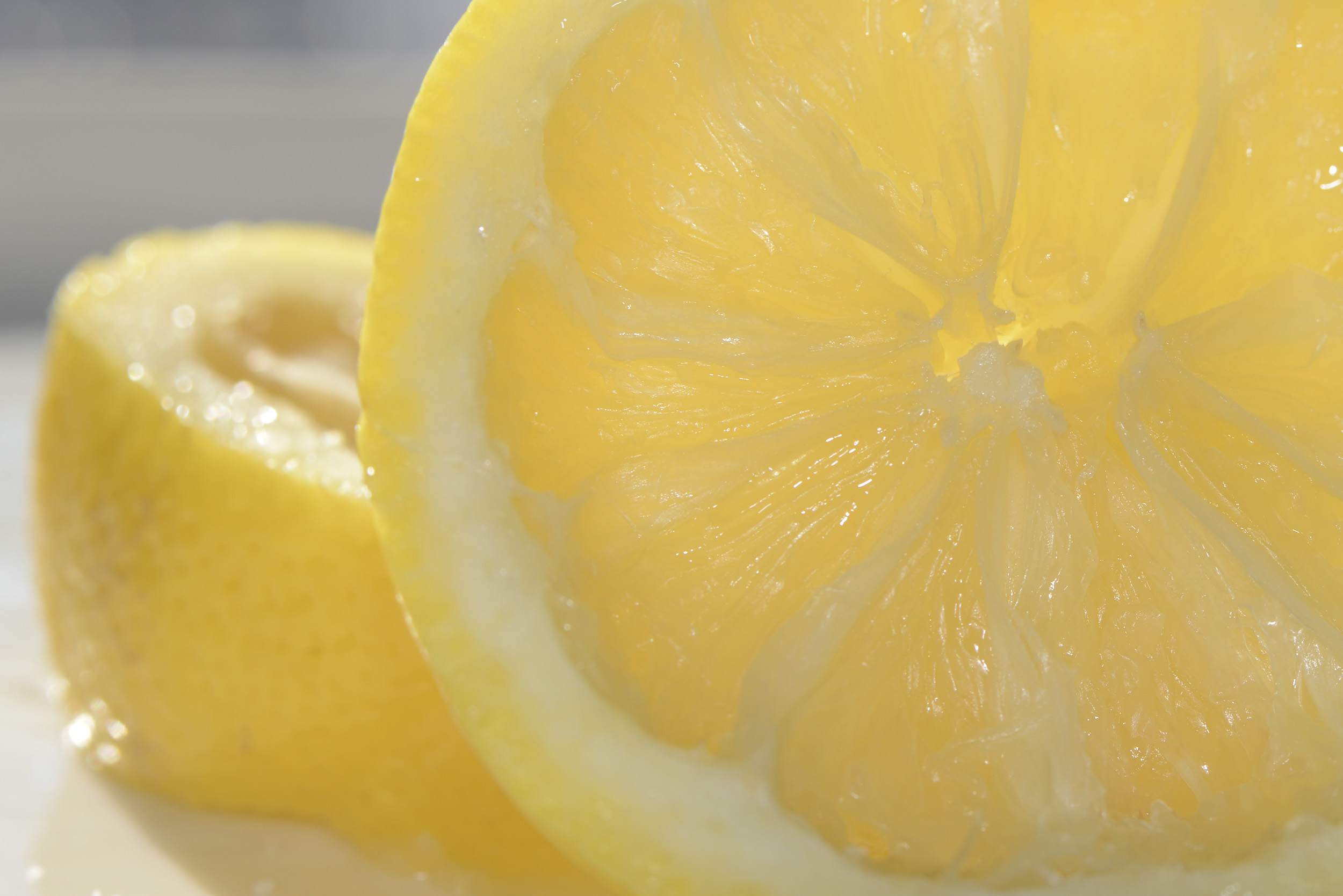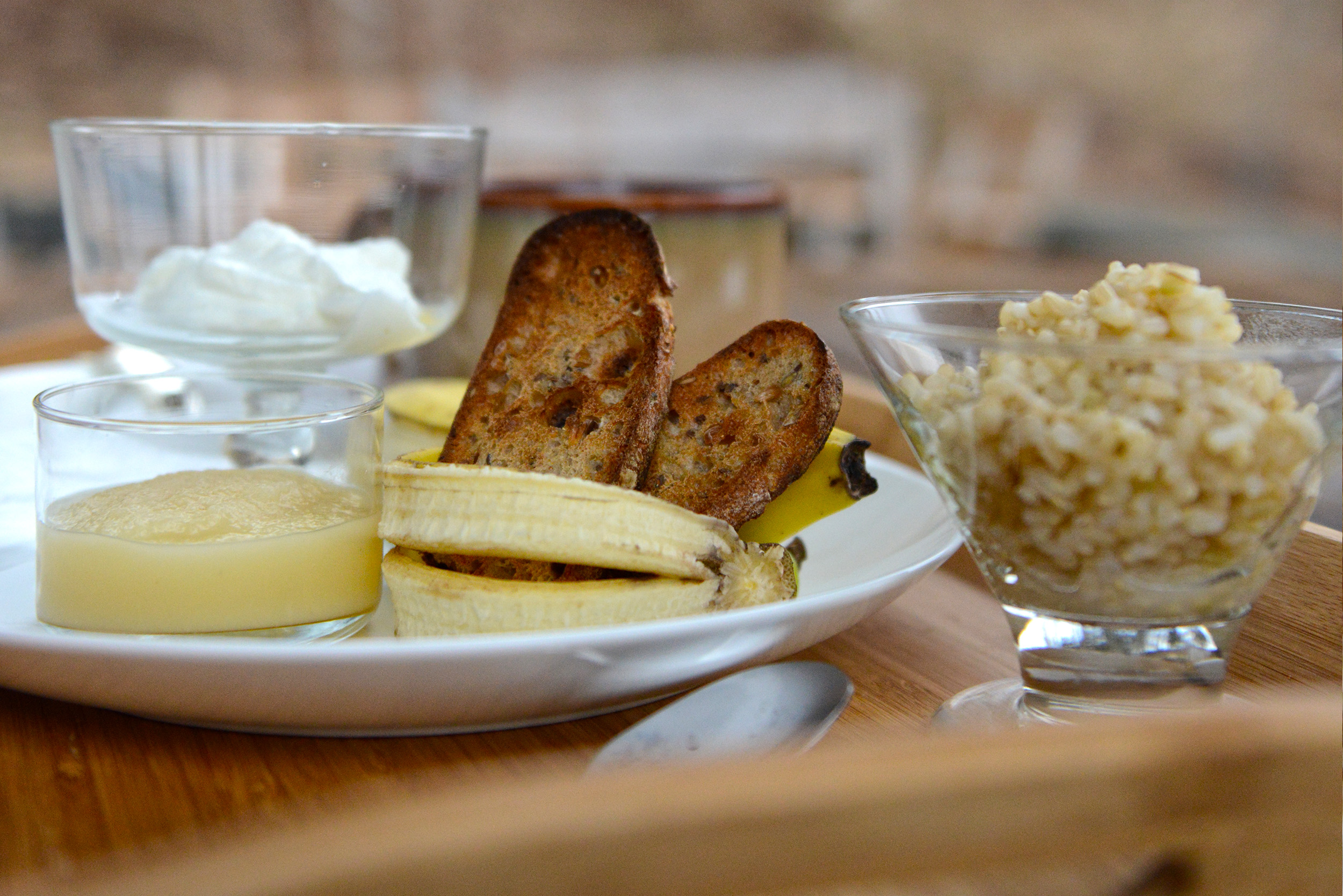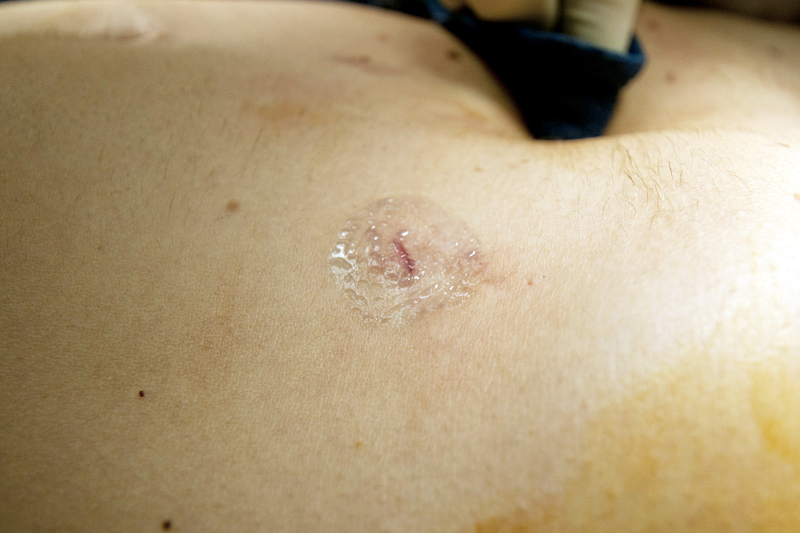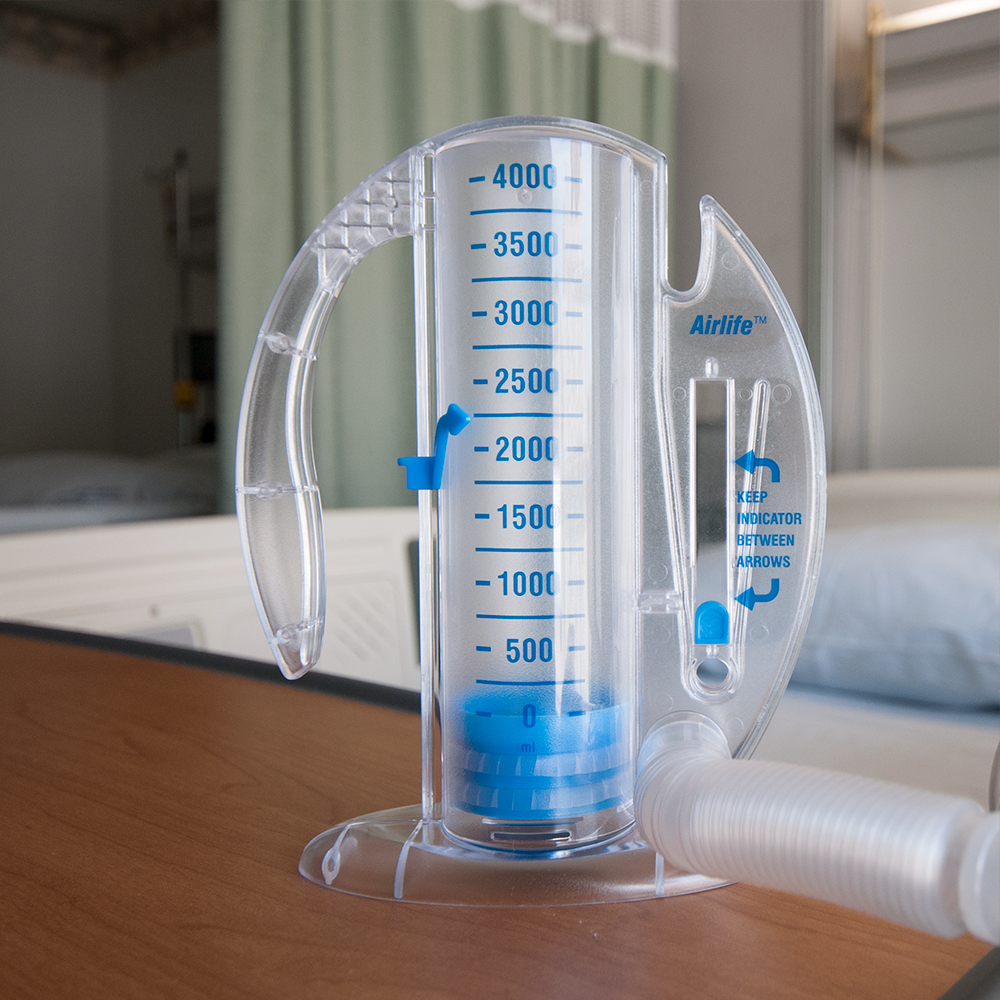DAY OF SURGERY POST-SURGERY INSTRUCTIONS
Your recovery must continue at home. Just because you are sent home after your operation does not mean that you have completed your recovery. Please take time out of your busy schedule to allow enough time to take care of yourself.
Whether you are released after surgery or after an overnight stay in a recovery center or hospital, you will only be released to the care of a responsible adult. All of these instructions must be clear to the adult who will monitor your health and support you around the clock in the first 24 hours after your arrival home.
A Positive Outlook towards Recovery

Rest, but not bed rest
While rest is important in the early stages of healing, equally important is that you are ambulatory, meaning that you are walking under your own strength. Spend 10 minutes every 2 hours engaged in light walking indoors as you recover.
Recline, but avoid lying down completely flat
This will be more comfortable for you, and can reduce swelling. Always keep your head elevated. Use extra caution when leaning forward and if possible try not bend forward or over.
Good nutrition.
Fluids are critical following surgery. Stick to non-carbonated, non-alcoholic, caffeine-free and green tea-free beverages including fruit juices and water, milk and yogurt drinks. You must consume at least 8 ounces of fluid every 2 hours. Stick with soft, bland, nutritious food for the first 24 hours.
Your recovery must continue at home

Take all medication, exactly as prescribed. Oral pain medication, antibiotics and other medications you must take
Do not smoke.
Smoking can greatly impair your safety prior to surgery and your ability to heal following surgery. You must not smoke.
Relax
Do not engage in any stressful activities. Do not lift, push, or pull anything. Take care of no one, and let others tend to you.
TYPICAL POST-OPERATIVE SYMPTOMS
Included are normal post-surgical experiences and key health considerations that may be a cause of concern. Typical signs and symptoms after surgery include the following:
Tightness and stiffness in treated areas
Bruising, swelling and redness; Tingling, burning or intermittent shooting pain; These are normal experiences as the skin, tissues and sensory nerves heal. Pain medication will help you cope with any discomfort. If you have drains, you may experience additional localized discomfort. Consistent sharp pain should be reported to our office immediately.
Skin firmness, hypersensitivity or lack of sensitivity:
This is normal and will gradually resolve over time.
Shiny skin or any itchy feeling:
Swelling can cause the skin in treated areas to appear shiny. As the healing process advances, you may also find a mild to severe itchy feeling. An antihistamine like Benadryl can help to alleviate severe, constant itchiness. If the skin becomes red and hot to the touch, contact our office immediately.
Asymmetry:
Both sides of your body heal differently. One side of your body may look or feel quite different from the other in the days following surgery. This is normal.
To alleviate any discomfort, and to reduce swelling, you may apply cool, not cold compresses to the treated region. Crushed ice or ice packs must be wrapped in a towel before being applied to the skin. Do not apply ice or anything frozen directly to the skin. Apply for no more than 20 minute intervals.
TWO TO SEVEN DAYS FOLLOWING SURGERY AND WOUND CARE
During this time you will progress as each day passes. Ease into your daily activities. You will receive clearance to begin driving after your first post-operative visit provided that you are not taking any narcotic pain medications.
Wound Care
Your incisions are typically closed with absorable sutures (meaning no stitches need to be removed). The incisions are covered with a water-proof glue called Dermabond. You may shower after 24-48 hours if you have no drains. Take a warm, not hot shower. Do not take a bath. Limit your shower to 10 minutes. Do not remove any steri-strips if present. Do not rub your incisions. Apply a fragrance free moisturizer to the surrounding skin, however not on your incisions. If you have drains, you may shower once your drains have been removed.
Laparoscopic Incisions covered with a waterproof dressing

Your incisions are typically closed with absorable sutures (meaning no stitches need to be removed). The incisions are covered with a water-proof glue called Dermabond. You may shower after 24-48 hours if you have no drains. Take a warm, not hot shower. Do not take a bath. Limit your shower to 10 minutes.
Do not remove any steri-strips. Do not rub your incisions. Apply a fragrance free moisturizer to the surrounding skin, however not on your incisions. If you have drains, you may shower once your drains have been removed.
If you have incision dressings then change them as needed. Your incisions will seep fluid and some blood for a short time after surgery. Keep dressings clean and dry. Do not remove any steri-strips even if they are over stitches. Replace any compressions garments. If you have a drain placed in your incisions, carefully follow the instructions for drain care and record drained fluid on the Drain Care Instructions and Log.
Bruising is normal around your incisions and in the areas around your incisions.
Take pain medication only as needed
You may wish to switch from prescriptive pain medication to acetaminophen or ibuprofen.
Do not resume any exercise other than regular walking
Walking is essential every day to prevent the formation of blood clots.
No sun exposure
If you plan to go outdoors for any reason, use sun protection including wearing protective clothing. Avoid any direct sun exposure.
Maintain a healthy diet. Do not smoke. Do not consume alcohol.
ONE TO FOUR WEEKS FOLLOWING SURGERY
As you resume your normal daily activities, you must continue proper care and healing.
Continue your wound care as directed. If the Dermabond over your wounds remains one week after your operation then please feel free to remove the Dermabond as it flakes off. Once the Dermabond is no longer covering the wounds then you are welcome to apply various types of over the counter scar reduction sheets, namely sheets made of silicone as well as hydrogel sheets that are water-based. Scar reduction silicone sheets and hydrogel (water-based) sheets may help reduce the scar size, thickness, height, and color of all types of scars.
Refrain from weight-bearing exercise. You may begin range of motion exercises but not with any weight, pressure or resistance of any kind. Continue walking. A daily, brisk 20-minute walk is recommended.
Do not smoke. While incisions may have healed, smoking deprives your body of necessary oxygen that can result in poorly healed, wide, raised scars.
Practice good sun protection. Do not expose your skin wounds to direct sunlight. If you are outdoors, apply at least an SPF 30 to the areas around the scars at least 30 minutes prior to sun exposure and wear protective clothing. The skin while it is healing is highly susceptible to sunburn or the formation or irregular, darkened pigmentation.
Eat a heart-healthy diet. Please do your best to avoid high calorie fatty foods and maintain proper nutritition. Even if your intestines were not directly operated, because of the stress of surgery and anesthesia, It is normal for your intestines to take some time to recover. It is normal to expect some constipation and occasional diarrhea. If the constipation is severe then you can consider taking an over the counter medication called Dulcolax or an enema of either tap-water or soaps suds.
Heart Healthy Diet

SIX WEEKS FOLLOWING SURGERY
Healing will progress and your body settles into a more final shape and position.
You may ease into your regular fitness routine. However realize that your body may require some time to return to previous strength.
Discomfort or tightness and tingling of the skin will resolve. Your scars will continue to refine.
No need to resume smoking if you were a smoker prior to surgery. You have now gone 12 weeks (6 weeks prior to surgery and 6 weeks following surgery) without a cigarette. For your long-term health, there is no need to resume smoking.
Contact our office with any of your questions or concerns, at any time.


